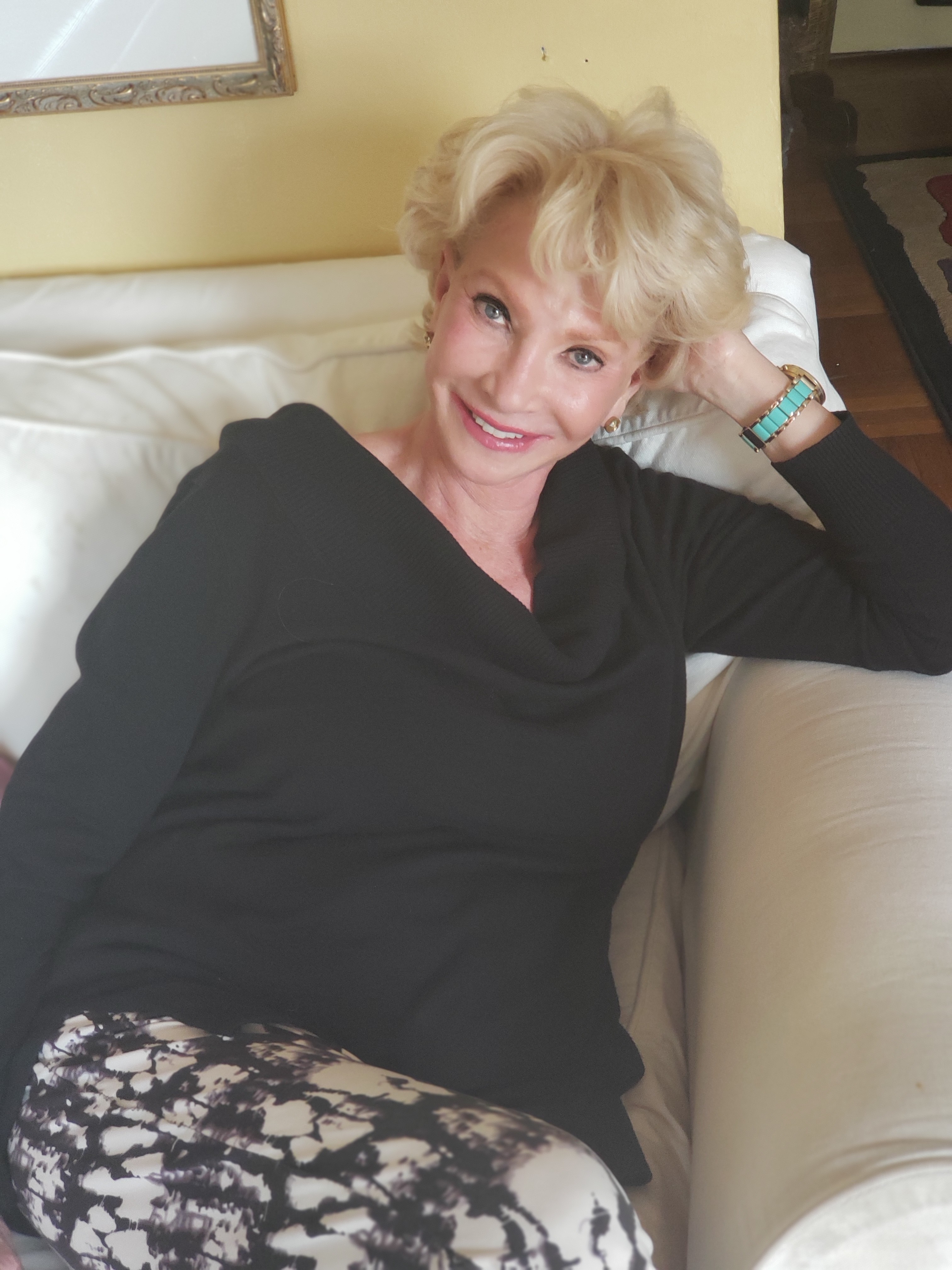THE PROBLEM
1. Every day 4 women die in the United States as a result of domestic violence.
2. Every year approximately 132,000 women report that they have been victims of rape or attempted rape. And more than half of them knew their attackers.
3. Every year 1.2 million women are forcibly raped by their current or former male partner.
4. Dating abuse is at an all time high.
5. The divorce rate for first marriages is 48%. 67% of second marriages fail and 73% of couples find themselves in front of a judge in a divorce court.
Why is this happening? And more importantly, what if anything, are we prepared to do about it?
RELATIONSHIPS FAIL FOR 4 REASONS
1. If each person is not emotionally and psychologically healthy, it is not possible to have a healthy long-term relationship with anyone.
2. The majority of people have no idea whatsoever, about what ingredients go into a healthy long-term relationship or marriage.
3. If you don’t know (2), you are in no position to be able to assess who’s right (or wrong) for you.
4. The majority of men and women are unfortunately, lacking in emotional communication and problem-solving skills.
OUR CULTURE
Just look at the television reality shows like the Bachelor, the Bachelorette, and the Housewives of New York and Beverly Hills. Or tune into any LifeTime movie. Dysfunctional relationships are glamorized in the media. We can’t get enough of the celebrity talk shows that talk endlessly about Angelina and Brad’s on-going drama and Jennifer Aniston’s relationship heartbreaks. Just look at the media coverage and attention that Charlie Sheen and Mel Gibson and Lindsay Lohan and others receive describing their abusive and volatile relationships.
On the surface, these television shows can be viewed as innocent entertainment. However, their messages about relationships and marriage make a mockery of what it takes to have a healthy, long-lasting relationship.
Also, how many people were fortunate enough to have positive role models for parents to teach them about loving relationships? And finally, if we haven’t been taught about what ingredients go into a healthy relationship and if we rely on misleading portrayals of love in movies, television and popular music, how can we then expect people to be able to make healthy choices about their relationships? The reality is that we can’t and we don’t.
Many people believe that the best way to build stronger families is to attack the barriers keeping people from achieving their full potential. Issues like poverty, racism, sexism, unemployment and addictions are often cited as primary reasons for the breakdown of relationships. And although these are contributing factors to marital and family strife, removing these barriers alone will not solve the problem.
In the past 35 years I have treated some of the wealthiest, best educated and most successful people in Canada and the United States. And I can definitively say that the relationship problems of my rich and famous clientele are no different from the people who I have treated from the Inner City areas of Montreal, Providence and Manhattan.
Both groups know virtually nothing about what ingredients go into a healthy relationship, nor have they learned and developed the emotional communication and problem-solving skills necessary to maintain and sustain a relationship.
THE SOLUTION
The 10-Step Fail-Safe Formula That Will Change the Way You Look at Relationships Forever- It May Even Save Your Life!
We spend more time researching cars, grams of fat and real estate than we do our partners. Think back to how you often thought you knew everything there was to know about your partner. You believed that the person you were in love with was exactly whom he/she seemed to be. You were sure that you had found your life partner and perfect match. Then suddenly without warning you realize that you are headed for disaster. Your relationship is in shambles. Your mind is spinning. What went wrong? Chances are the signs were there all along. You just didn’t know what to look for.
I developed my 10-step, fail-safe formula, based on my research and over 35 years of clinical experience. It has already been successfully used by thousands of men and women around the world. The formula will teach you how to accurately assess who’s right or wrong for you BEFORE committing to any serious relationship? Would you not want to know about it? In fact, would you not want to share this important information with everyone you know and love? No more if only I had known and ongoing pain and disappointments. My formula will educate and empower you in ways that you never dreamed possible. It will change the way that you look at relationships forever. It may even save your life!
THE FORMULA
My formula will not teach you how to flirt, nor will it tell you where and how to go about meeting and finding a partner. However, what my formula will do is give you the tools to come up with an assessment similar to that of a trained therapist. A trained psychotherapist makes a clinical assessment using ten key ingredients. Each ingredient is thoroughly explored to compile a complete picture of the client. How can we help someone if we don’t know who they really are? By the same token how can you truly love someone if you don’t know who he really is? The reality is ..you can’t.
The following 10 areas need to be fully explored in order to get an accurate picture of your partner. And my research found that it takes close to one year, not a few weeks or months, using the formula to really discover who your partner is and is not. Unfortunately, there are no shortcuts. I promise you that when you put my principles to the test, you’ll be able to recognize a truly healthy relationship and avoid the pitfalls and mistakes that cause you to give up a relationship too soon or too late.
1. Predicting the Future: Family Background. Take a close look at your partner’s parent’s relationship to get a good idea of what you might expect from him/her. Family background is the first place to look for relationship programming. What we learned as children we unconsciously play out as adults, UNLESS we learn to acknowledge, address and take whatever steps are necessary to resolve our problems from the past.
2. Lurking Around the Corner: Skeletons in the Closet. The incidence of HPV and genital herpes is skyrocketing and yet most people will not request (and receive) a written clean bill of healthy from their partner’s doctor before engaging in sex. People also need to learn to recognize signs of alcoholism and other kinds of substance abuse, because neither the alcoholic nor the drug abuser is a good candidate for any relationship. Learning how to identify verbal, emotional and physical abuse is critical.
Knowledge helps people to EXIT quickly when they are aware that they are at risk.
3. More Skeletons Lurking. People need to learn to identify the signs and symptoms of depression, anxiety and other psychiatric disorders. While the clues are always there, these problems are often invisible to the untrained eye and ear and are major obstacles to a successful love connection.
4. Listening Carefully: Did You Hear What I Said? Everyone talks about the importance of communication. However, the majority of people have simply not learned the necessary skills in order to be able to communicate effectively. How well (or how badly) you and your partner are able to express emotions like love, fear, disappointment, anger and pain will make or break your relationship.
5. The Art of Compromise. Problem-Solving Is the most crucial of the key ingredients. Why? Because this skill will help you deal with situations in all other areas of your relationship. Even the most harmonious relationships have conflicts that need to be worked out fairly and openly. It is essential to discover your partner’s attitude and level of skill in dealing with conflict and compromise early on in your relationship. And unless you and your partner are committed to acknowledging, addressing and resolving issues, your partnership will be doomed.
6. Imitating Intimacy: Sexual Illusions. People can have a great sexual connection while at the same time have little or no emotional intimacy. It is very important (especially for women) to learn the difference between lust and love.
7. Lovemaking: the Agony and the Ecstasy. Human sexuality is highly sensitive and oftentimes confusing. Many people are uninformed about their own sexuality as well as their partners. Education, information, communication and chemistry are the key to a successful and exciting sex life.
8. Old Baggage: Past Loves emphasizes that past experience does not necessarily make you (or your significant other) a skilled partner. We unwittingly and unconsciously choose the same kind of partner repeatedly though he/she may look and sound different.
9. Deal Makers, Deal Breakers. When it comes to making a deal with your partner, be honest with yourself. Become aware of silent, unconscious deals. What values can you accept? What can’t you accept? Find out how compatible you are intellectually and educationally. Do you share similar goals, lifestyles, religious beliefs, interests, money concerns and views about children and careers?
10. Being Realistic: There’s No Such Thing as the Perfect Partner. If your partner is skilled in the most important of the ten key ingredients and you share good chemistry, look carefully at the compromises you might have to make. Certain compromises and trade-offs are okay to make, but certain situations should never be tolerated under any circumstances.
FACT
A. 450 people participated in our research study. Interestingly, we found that it takes close to 1 year (not a few weeks or months), using our formula, to do a thorough partner evaluation.
B. This process cannot be fast-forwarded.
C. Also, there is absolutely no correlation whatsoever between socio-economic status and relationship success and skill.
D. The only significant difference between my Inner City patients’ relationships and my rich and famous clientele of the last 20 years; is that the latter can take a week-end trip on their private planes or yachts and take a break from their relationship woes.
E. Rich or poor, religious or not, educated or not, black, white or Hispanic, gay, straight or transgendered; none of these variables correlate with having a healthy, successful and loving long-term relationship.
F. Relationship success is dependent on relationship education. Let’s give people the opportunity to finally “get it right’!


